We know qualified dentists specially trained in dental health in Turkey provide that quality service. Especially in big cities, the number of dental polyclinics is increasing daily based on the private sector and public institutions. This situation can create a competitive understanding and offer better quality service to patients.
Indicators Related to Dental Health in Turkey
According to the research conducted by the teeth in Turkey Dental Association, when the general conditions related to teeth health in Turkey are examined;
- It was determined that the rate of tartar was approximately 70-130% in women aged 35-44 years. While this rate was around 70% in men.
- In women aged 65-74, the rate of tartar is approximately 58%-110%. While this rate is around 58% in men.
- The rate of those who do not have careers in their teeth in Turkey varies between 30% in the five age group, 38% in the 12 and 15 age group, and 35-44% in the 35-44 age group.
- The rate of those who have lost at least one of their teeth in Turkey is approximately 3% in the 5-year-old group, 7% in the 12-year-old group, 16% in the 15-44 age group, 89 % in the 35-44 age group and 93% in the 65-74 age group.
- When we examine the rates of dentist visits in Turkey and European countries (units/year). This rate is determined as 0.9 in Turkey and 5 in European countries.
Between 2010-2021 Depending on the Population and What are the Dentist Rates?
The Teeth in Turkish Dental Association research compared the proportion of the population and dentists who impact dental health in Turkey between 2010-2021. A approximately 24,000 dentists between 2010-2011 and 2011-2012, 26,000 between 2012-2013, 27,000 between 2013-2014, 29,000 between 2015-2016, 31,000 between 2016-2017, 34,000 between 2017-2019, 37,000 between 2018-2019, 39,000 between 2019-2020 and 43,000 between 2020-2021.
Organizations Providing Services on Oral and Dental Health in Turkey
- When the distribution of institutions providing dental health services teeth in Turkey in 2019 is examined by the Ministry of Health of the Republic of Turkey;
- They state that 214 institutions and 5320 units are provided services within the Ministry of Health and private sector organizations.
- When we look at the dental hospital in Turkey. The evaluation made in 2019 states that 32 institutions and 2137 units were carried out within the Ministry of Health and in the private sector.
- According to the evaluation made regarding a dental teaching hospital in Turkey. They provide services based on 53 institutions and 5769 units, including the Ministry of Health and universities.
- When the number of dental polyclinics (hospitals) in Turkey is evaluated based on the Ministry of Health, universities, and the private sector. They provide services in 1046 institutions and 4067 units.
- The number of dental polyclinics in Turkey continues to serve in 2123 institutions and 8701 units, including those in the private sector.
According to the research conducted by the Turkish Statistical Institute (TUIK) in 2019. It was determined that dental health problems in Turkey showed a distribution of 6.9% of boys and 5.9% of girls according to gender in children aged 0-6 according to gender . While this rate was 14.9% for boys and 13.4% for girls in the 7-14 age group.
Use of toothpaste and brushes in Turkey
According to the research conducted by the Turkish Dental Association. When the per capita use rates of toothbrushes in Turkey are examined. It was determined as 0.95 in 2014 and 1 in 2015 and 2016. When the rates of toothpaste use in Turkey were discussed between 2014 and 2016 per person. It was determined as 87 ml/year in 2014, 91 ml/year in 2015, and 89 ml/year in 2016. Compared to Europe, it has been determined that the use of toothpaste in Turkey is behind. While toothpaste in Turkey corresponds to approximately one toothpaste yearly. In European countries, this usage corresponds to around 4-5 tubes of toothpaste. Therefore, using toothpaste in Turkey should be encouraged from a young age to prevent future dental problems.
[/cmsmasters_t

 English
English Arabic
Arabic Francais
Francais Spanish
Spanish
Leave a Reply